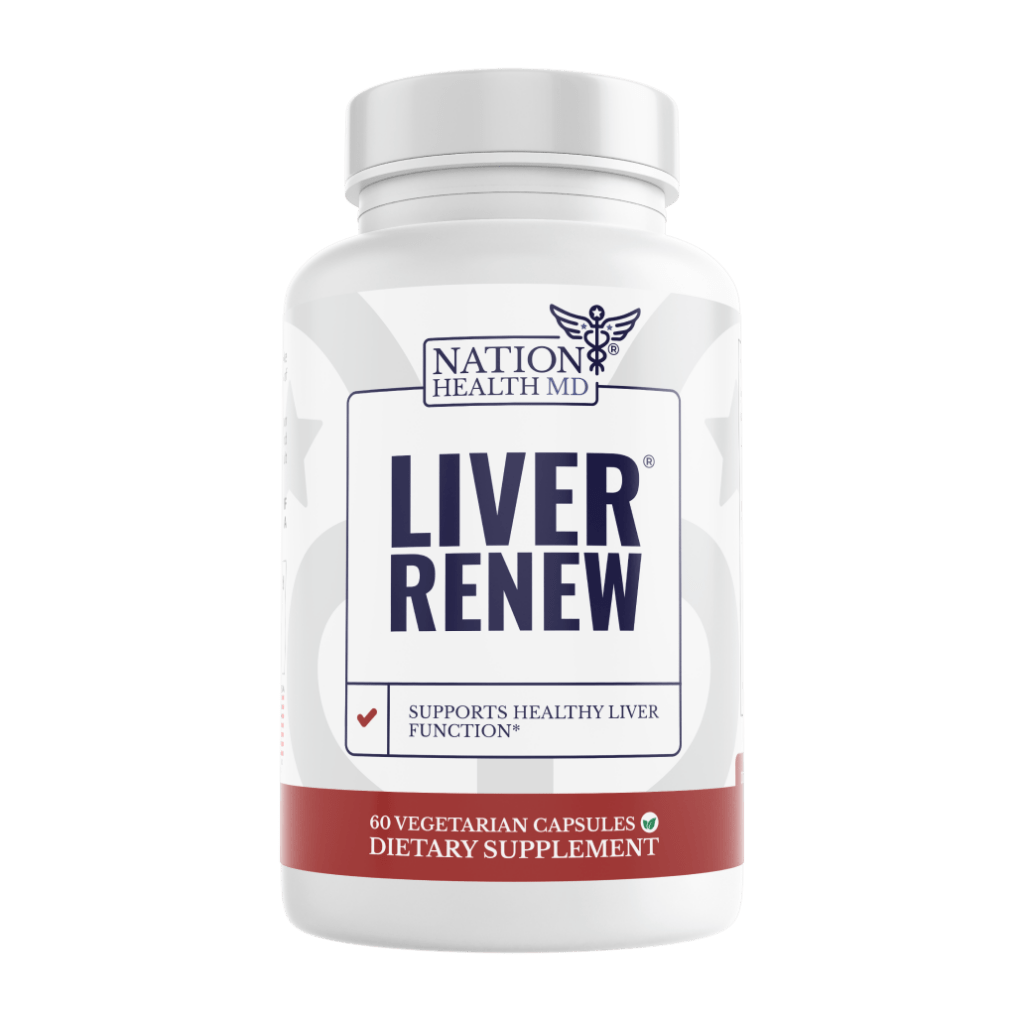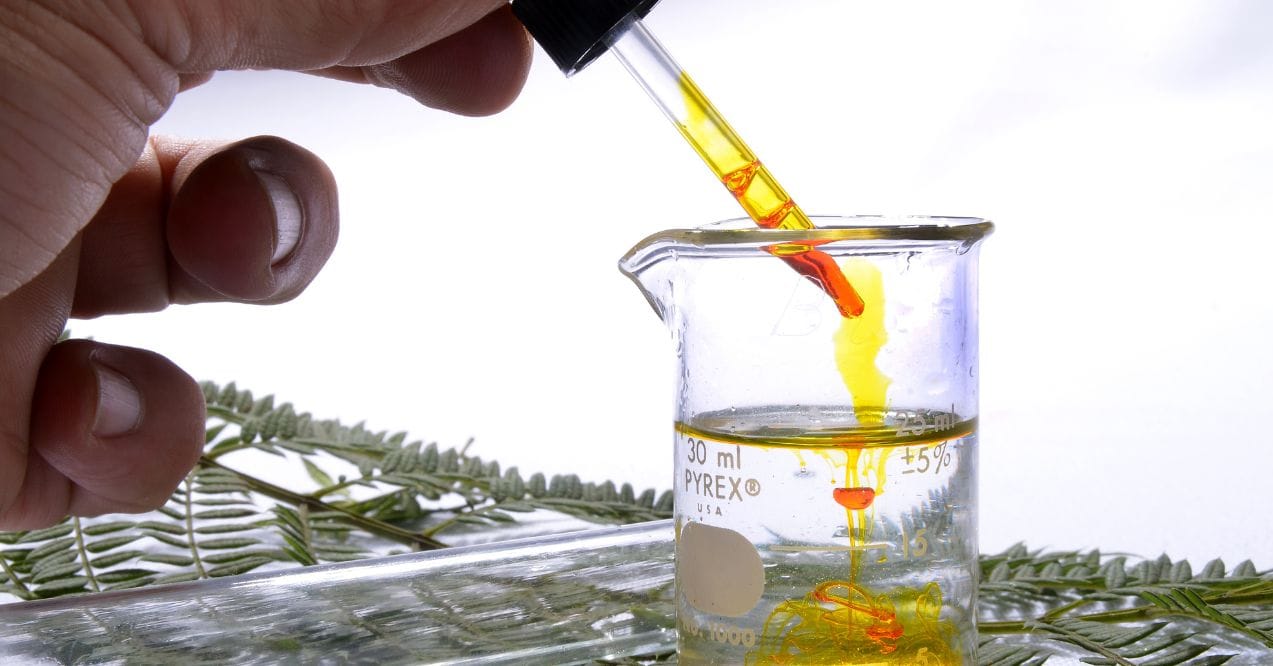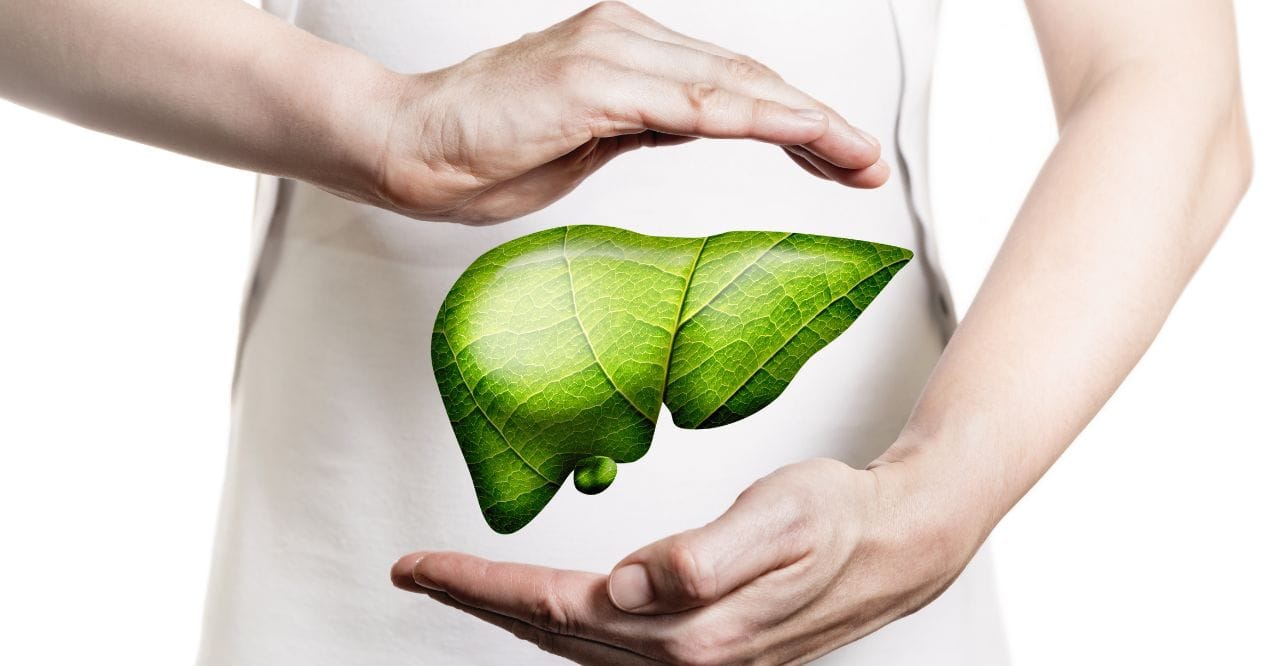What Is the Difference Between Turmeric and Curcumin?
Medically reviewed by our experts
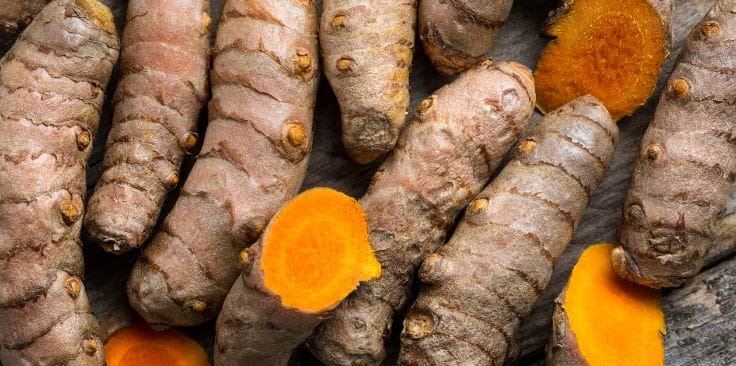

What is the difference between turmeric and curcumin? With turmeric’s growing popularity in the wellness world, this is a common question. While these terms are often used interchangeably, turmeric and curcumin are not the same thing. Turmeric is the bright yellow spice you see in stores and recipes, while curcumin is a natural compound within it that supports various health benefits. This blog will clarify the distinctions, benefits, and uses of both turmeric and curcumin to help you understand how each can fit into your wellness journey.
Understanding Turmeric
Turmeric is a root herb known for its vibrant yellow color and distinctive flavor. Commonly used in cooking, especially in Asian cuisine, it adds both color and taste to dishes. Beyond the kitchen, turmeric has been valued in traditional practices for its natural compounds that support overall wellness.
What Is Curcumin?
Wondering, is curcumin the same as turmeric? In essence, curcumin is the primary active compound found in the turmeric root, known for its potential antioxidant and anti-inflammatory properties. It’s what gives turmeric its vibrant yellow color and drives many of its wellness-supporting benefits. While turmeric contains curcumin naturally, curcumin itself is often extracted and used in supplements for a more concentrated effect.
Curcumin vs. Turmeric: Key Differences
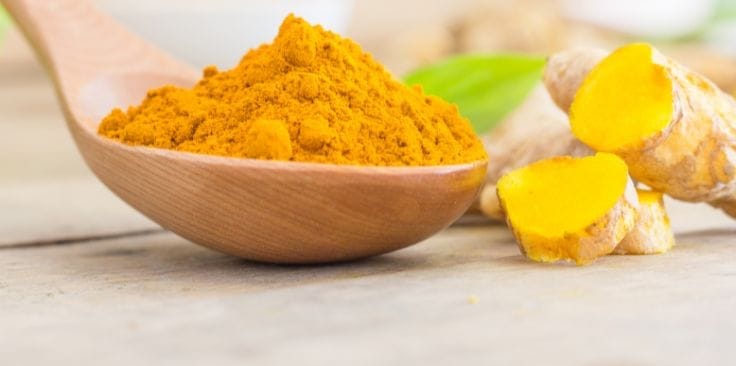
So, what is the difference between turmeric and curcumin? When comparing curcumin vs turmeric, it’s essential to understand their relationship. Turmeric is the whole root, a plant used in cooking and traditional medicine for centuries. It contains multiple compounds, with curcumin being the most active and widely studied. So, is curcumin and turmeric the same thing? Not quite. Turmeric includes a range of naturally occurring substances, but curcumin is the compound most recognized for its potential wellness benefits.
The main difference between turmeric and curcumin lies in their composition and use. Turmeric provides an array of beneficial compounds beyond curcumin, such as turmerones and other curcuminoids. These contribute to its unique flavor and color and offer a broader spectrum of support. Curcumin, on the other hand, is extracted from turmeric and specifically valued for its potential antioxidant and anti-inflammatory effects.
In health supplements, curcumin is often chosen as it allows for a more concentrated form of the compound, which can maximize turmeric’s potential benefits. For those looking for targeted support, curcumin supplements may be the preferred option, while whole turmeric can be enjoyed for general wellness and culinary use.
Benefits of Turmeric and Curcumin
Turmeric and curcumin each offer unique benefits that contribute to overall well-being. While turmeric supports holistic health with its range of active compounds, curcumin stands out for its potent antioxidant properties. Understanding their individual advantages can help you decide how best to include them in your daily routine.
Benefits of Turmeric
- Supports Digestive Health – Turmeric aids in maintaining a healthy digestive system, promoting comfort and regularity.
- Promotes Joint Mobility – Regular use of turmeric can offer relief for knee pain and ease of movement.
- Enhances Skin Radiance – Turmeric is often used to maintain healthy skin, giving it a natural glow.
Benefits of Curcumin
- Powerful Antioxidant Support – Curcumin helps neutralize free radicals, supporting cells against environmental stress.
- Enhances Brain Function – Curcumin may support cognitive health, including focus and memory.
- Supports Cardiovascular Health – It aids in maintaining a healthy heart and circulatory system.
- Boosts Immune Function – The compound supports the body’s natural defenses, helping you stay well.
How to Use Turmeric and Curcumin
Incorporating turmeric and curcumin into your wellness routine is easy. Turmeric can be added to cooking, such as curries, smoothies, and soups, for a warm, earthy flavor. Curcumin is often taken as a concentrated supplement for targeted support, typically in doses of 500-1,000 mg daily. For enhanced absorption, add a pinch of black pepper, which increases curcumin’s bioavailability. You can also enjoy turmeric tea or golden milk, a soothing blend of turmeric, milk (or milk alternatives), and a dash of black pepper. These simple additions can help you benefit from turmeric and curcumin’s wellness-supporting properties.
Why Choose Liver Renew for Liver Health
Liver Renew is formulated with high-quality turmeric, rich in curcumin, to support liver health and overall wellness. Endorsed by Lisa King, RPh, this powerful blend assists in detoxification, helps maintain healthy liver function, and supports vitality.
Alongside turmeric, Liver Renew contains Milk Thistle, which contains silymarin to protect liver cells and stimulate glutathione production – a strong antioxidant. Artichoke further supports liver enzymes, promoting balanced cholesterol and triglyceride levels. With these carefully selected ingredients, Liver Renew may provide effective support for those looking to nurture their liver and enjoy enhanced energy and well-being.
Conclusion
Understanding what is the difference between turmeric and curcumin can help you make the most of these powerful natural ingredients. Turmeric is a versatile herb, and curcumin, its key active compound, offers unique wellness benefits. Together, they support various aspects of health, from antioxidant defense to liver function. Incorporating turmeric and curcumin into your routine, whether through diet or supplements, can be an easy way to promote overall well-being. For a more targeted approach, consider Liver Renew, a formula crafted to support liver health, vitality, and energy. Embrace these natural tools to support your wellness journey.
Turmeric is a root that contains curcumin, its main active compound. Curcumin is responsible for most of turmeric’s health-supporting properties, but turmeric also contains other compounds that contribute to its benefits.
Both turmeric and curcumin have benefits, but curcumin is the key component known for its potent properties. Some people prefer curcumin extracts for targeted support, while others use whole turmeric for its complete range of natural compounds.
Turmeric contains a small amount of curcumin, so concentrated curcumin supplements may be needed for individuals seeking higher potency. However, whole turmeric can still offer beneficial support for daily wellness.
Prasad, S., & Aggarwal, B. B. (2011). Turmeric, the golden spice. Herbal Medicine – NCBI Bookshelf.
Sharifi-Rad, J., et al. (2020). Turmeric and its major compound curcumin on Health: Bioactive effects and safety profiles for food, pharmaceutical, biotechnological and medicinal applications. Frontiers in Pharmacology, 11.
Wu, H., et al. (2024). Chemical Composition of Turmeric (Curcuma longa L.) Ethanol Extract and Its Antimicrobial Activities and Free Radical Scavenging Capacities. Foods, 13(10), 1550.
Menon, V. P., & Sudheer, A. R. (2007). Antioxidant and anti-inflammatory properties of curcumin. Springer eBooks, 105–125.
Kandola, A. (2023). Turmeric for IBS: Does it work?
Silver, N. (2023). Turmeric for skin: benefits and risks. Healthline.
Citroner, G. (2020). Eating Turmeric May Help Knee Arthritis: What to Know About Food vs. Supplements. Healthline.
Wolnicka-Glubisz, A., & Wisniewska-Becker, A. (2023). Dual Action of Curcumin as an Anti- and Pro-Oxidant from a Biophysical Perspective. Antioxidants, 12(9), 1725.
Francis, A. J., et al. (2024). Curcumin and cognitive function: A systematic review of the effects of curcumin on adults with and without neurocognitive disorders. Cureus.
BSc, K. G. (2023). 10 Health benefits of turmeric and curcumin. Healthline.
Allegra, A., et al. (2022). The impact of curcumin on immune response: An immunomodulatory strategy to treat sepsis. International Journal of Molecular Sciences, 23(23), 14710.
Nelson, A. (2022). Does milk thistle help your liver? WebMD.
Amini, M. R., et al. (2022). Effects of artichoke supplementation on liver Enzymes: A Systematic Review and Meta-Analysis of Randomized Controlled Trials. Clinical Nutrition Research, 11(3), 228.
Popular Articles
Advertisement. This site offers health, wellness, fitness and nutritional information and is designed for educational purposes only. You should not rely on this information as a substitute for, nor does it replace, professional medical advice, diagnosis, or treatment. If you have any concerns or questions about your health, you should always consult with a physician or other health-care professional. Do not disregard, avoid or delay obtaining medical or health related advice from your health-care professional because of something you may have read on this site. The use of any information provided on this site is solely at your own risk.
